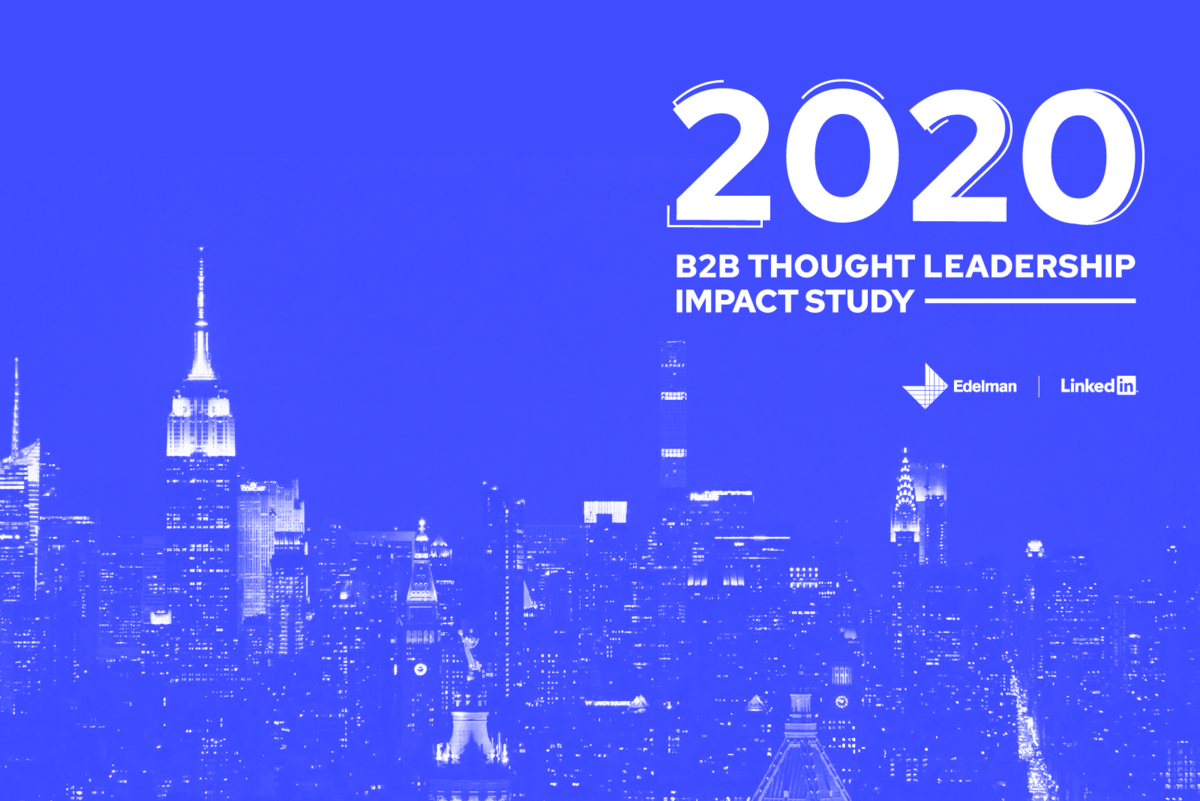The 2019 Trust Barometer Special Report: Institutional Investors reveals that 84 percent of respondents say that maximizing shareholder returns can no longer be the primary goal of the corporation. Echoing the Business Roundtable’s announcement in August 2019, the research affirms that business leaders should commit to balancing the needs of all stakeholders – including customers, employees, suppliers and local communities.
Building trust is essential to a multi-stakeholder strategy, especially with employees. In fact, respondents told us that the most important thing a company can do to build investor trust is to demonstrate their ability to “attract and retain the best and brightest talent”– more than “win new customers and grow market share” or “attract new investors.”
In a recent New York Times opinion piece, Henry Paulson, Jr, the former Secretary of the Treasury, and his co-author Erskine Bowles say this multi-stakeholder strategy is key to getting Americans to love capitalism again. “American capitalism is at a serious inflection point,” they write. “Many Americans, including the two of us, are alarmed by enormous levels of inequality and by declining economic mobility.”
“First,” they continue, “we must aggressively invest in our human capital. That starts with addressing the supply side of the education market,” whether investing in community colleges or retraining for jobs replaced by automation. Addressing the issues of fair economic distribution and closing wage gaps are part of the complete multi-stakeholder strategy they purport. “Spending priorities such as education are underfunded, while commitments to entitlements continue to rise indefinitely,” the authors note. “Restoring the sanity of our fiscal positions is critical.”
The good news is that this challenge opens the doors for companies to differentiate themselves and their talent brands while addressing education inequalities. Google and Salesforce are already doing just that. Grow with Google is a program that brings free digital skills workshops and one-on-one coaching to local communities across the United States. They partner broadly with organizations such as the USO, the National 4-H Society, Goodwill and the American Library Association to offer trainings so that people have the opportunity to learn digital skills to grow careers or businesses. They also make the workshops and tools available online.
Salesforce offers Trailhead, “your path into the Salesforce economy.” Their goal is to drive the creation of nearly 3.3 million new jobs by 2022 and offer “free training for the skills you need to earn credentials that grow your career and connect with a global movement of Trailblazers to continue learning together.”
Purpose-led businesses and CEOs who take a stand for continuous learning and job re-training aren’t just investing in a talent pipeline. They’re also closing a competency gap and social divide so everyone can gain a leg up in a more relevant capitalist construct.
Cydney Roach is executive vice president and U.S. practice lead, Employee Experience.




